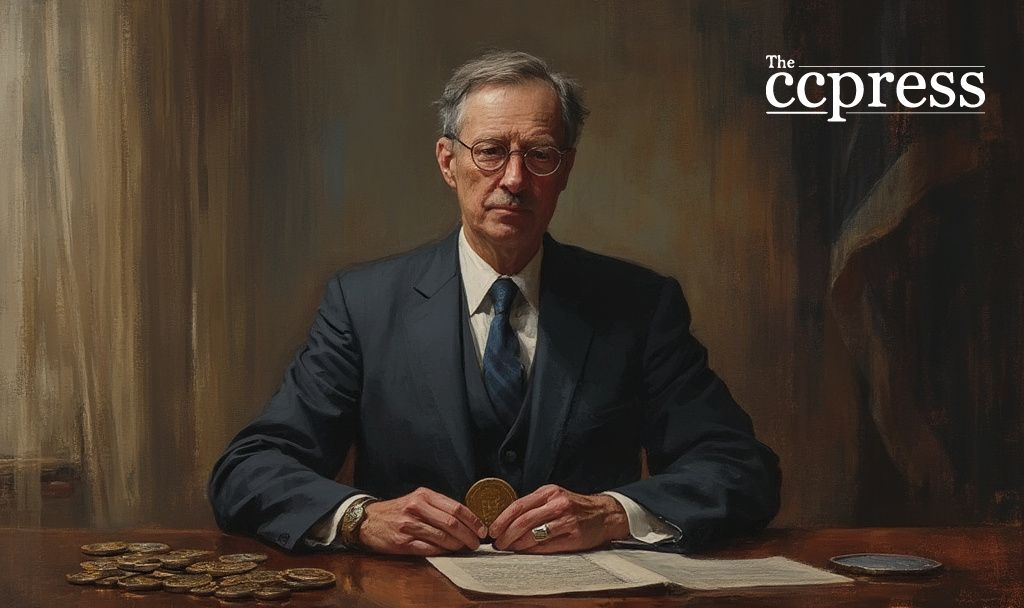- Stablecoin growth projected to boost U.S. Treasury demand significantly.
- Current U.S. Treasury demand may hit $2 trillion.
- Crypto markets brace for regulatory and financial shifts.
Stablecoin expansion suggests a major shift in U.S. Treasury markets, impacting global financial systems and crypto sector dynamics.
Scott Bessent, supported by market data, highlights stablecoins, including USDT and USDC, as significant drivers of demand for U.S. Treasuries. A potential shift in Treasury demand could result from their expanding influence. Stablecoin reserves have seen an increase, with Tether’s holdings reaching nearly $120 billion by early 2025.
Stablecoins like Tether and USD Coin are reshaping financial ecosystems, with growing Treasury investments. These actions reflect advance planning in regulating digital assets, aiming for clarity per Bessent. New regulations are being promoted to assist the digital asset sector.
“Stablecoin growth could drive $2 trillion in demand for US treasuries, cementing them as a linchpin of the digital asset industry.” – Scott Bessent, Treasury Secretary, United States.
Treasury demand might fundamentally alter underlined by the move to asset-backed stablecoins. These developments indicate a major shift in market dynamics, aided by large stablecoin issuer reserves requiring Treasury bills. Looking forward, the impact on global and national financial systems could intensify.
As discussions around stablecoins evolve, potential outcomes could include expanded crypto regulation and adjustments in traditional banking sectors. This strategic influence by stablecoins may reshape the future financial landscape, marking a key period in its regulatory evolution.
| Disclaimer: The content on The CCPress is provided for informational purposes only and should not be considered financial or investment advice. Cryptocurrency investments carry inherent risks. Please consult a qualified financial advisor before making any investment decisions. |
